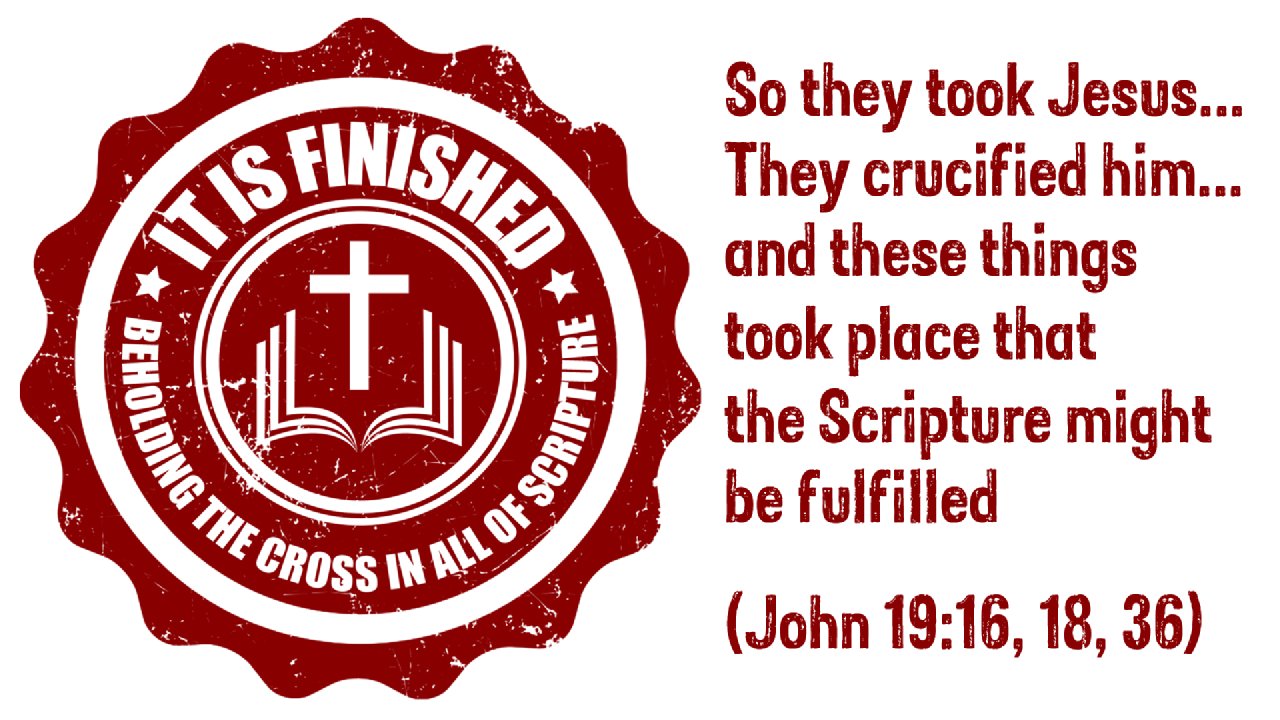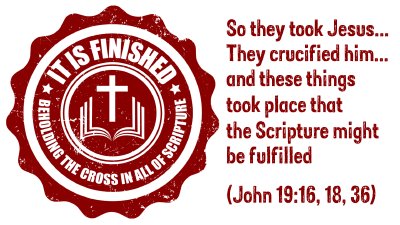Since the start of our series on the cross, one recurring theme we have seen is the way that judgment and salvation are paired. In the Passover, God saved his firstborn and judged Egypt’s firstborns. At the Red Sea, God saved his people and destroyed Pharaoh and his army. Just the same, as I read 2 Kings 3 this week, I found this theme again. The water that God provided to save Israel is the same water that brought the Moabites to their death.
In short, God’s judgment is never without salvation. And his salvation is never without judgment. From the flood of Noah to the end of time, we find salvation and judgment. And this week, we will see how Paul joins these two works of God in the cross of Christ.
In Colossians 1:20, Paul says that the blood of Christ’s cross is reconciling all of creation. And in what follows (1:21–2:23) he explains how that happens – through salvation and judgment. In these two chapters Paul identifies whom the cross saves and whom the cross judges. And for us, as we keep our eyes fixed on Christ, we will see how the cross has cosmic, as well as personal implications.
To prepare for Sunday, take time to read Colossians—it’s not long. On Sunday, we will start with Colossians 1:20 and then follow Paul’s twofold explanation of Christ’s cosmic reconciliation that relates to salvation and judgment.
I can’t wait to see you Sunday, as the Lord allows, and to worship the risen Christ with you.
For His Glory and your joy,
Pastor David
---------------------------------------------------------------------------------------------------------------------------------------------
Discussion & Response Questions for Colossians 1-2
1. How has the pattern of salvation and judgment been seen in the Bible? And how has that pattern helped you better understand the cross?
2. In what ways does Paul speak of the cross in Colossians? And how do the creation themes relate to the cross?
3. Look at Colossians 1:20. What does this verse not mean? (Hint: No universal salvation) And how do make sense of what it does mean? (Hint: keep reading the letter)
4. Paul uses the word “reconciliation” in Colossians 1:20 and 1:22. This is the same word, but is it used in the same way? If not, why not? How do we know?
5. According to Colossians 1–2, how does Christ reconcile the cosmos? Why does this matter?
6. What does the cross do for God’s elect (Col. 3:9)? Where do we see that in the text? (Hint: 1:21–23; 2:11–14)
7. What does the cross do for God’s enemies? Where do we see that in the text? (Hint: 2:15)
8. What does penal substitution mean? What does Christus Victor mean? How do they relate? And how do they resonate with the storyline of salvation and judgment?
9. How do we apply these two aspects of the cross? Look at 1:24–2:8 and 2:16–23.
10. What else do you see in Colossians 1–2?
11. Reconciliation (Colossians 1:15-2:15)
November 21, 2021 • David Schrock • Colossians 1:15—2:15
More from
It is Finished




